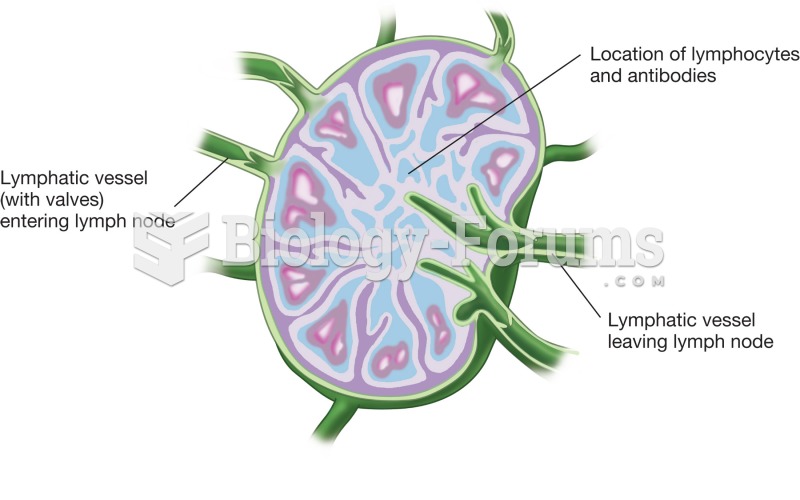|
|
|
There can actually be a 25-hour time difference between certain locations in the world. The International Date Line passes between the islands of Samoa and American Samoa. It is not a straight line, but "zig-zags" around various island chains. Therefore, Samoa and nearby islands have one date, while American Samoa and nearby islands are one day behind. Daylight saving time is used in some islands, but not in others—further shifting the hours out of sync with natural time.
Blastomycosis is often misdiagnosed, resulting in tragic outcomes. It is caused by a fungus living in moist soil, in wooded areas of the United States and Canada. If inhaled, the fungus can cause mild breathing problems that may worsen and cause serious illness and even death.
Asthma cases in Americans are about 75% higher today than they were in 1980.
Vaccines cause herd immunity. If the majority of people in a community have been vaccinated against a disease, an unvaccinated person is less likely to get the disease since others are less likely to become sick from it and spread the disease.
During pregnancy, a woman is more likely to experience bleeding gums and nosebleeds caused by hormonal changes that increase blood flow to the mouth and nose.
 Photo of the neck of a patient with non-Hodgkin’s lymphoma showing the swelling associated with enla
Photo of the neck of a patient with non-Hodgkin’s lymphoma showing the swelling associated with enla
 The lymphatic system. Lymphatic vessels, major lymph nodes, and lymphatic organs. The direction of l
The lymphatic system. Lymphatic vessels, major lymph nodes, and lymphatic organs. The direction of l





